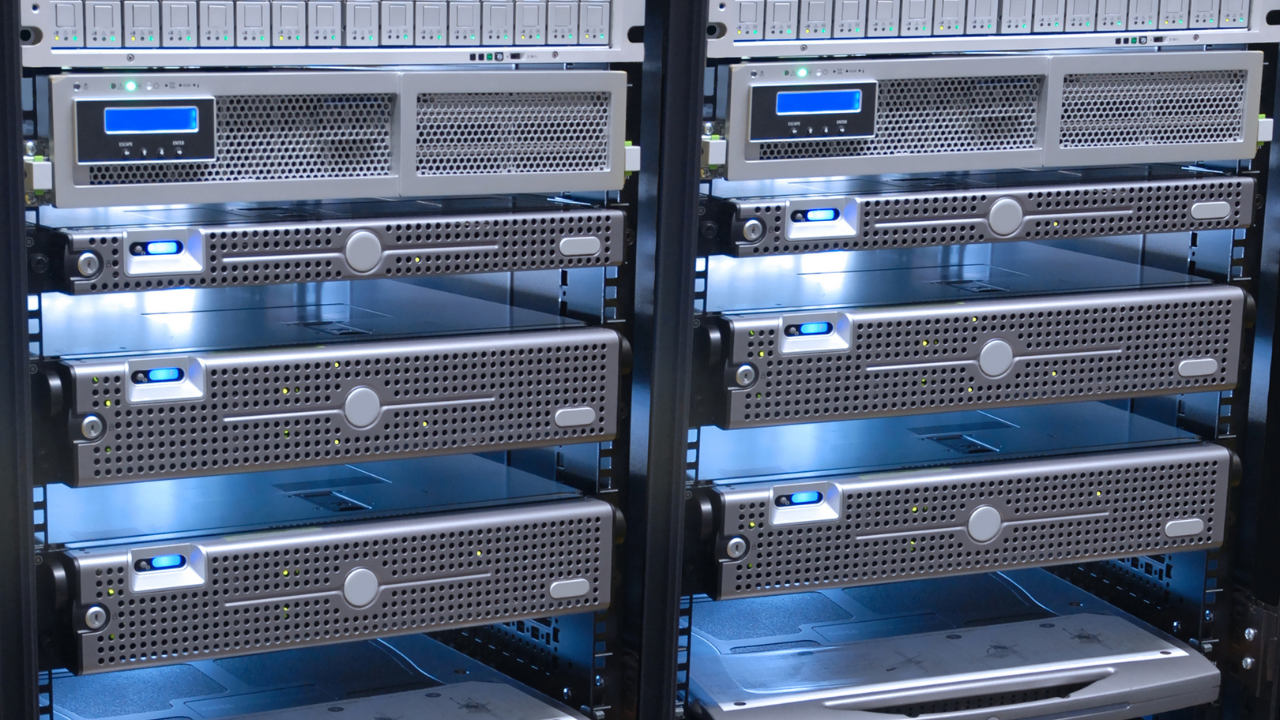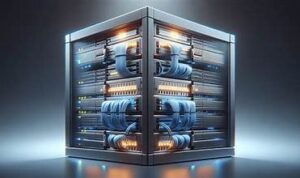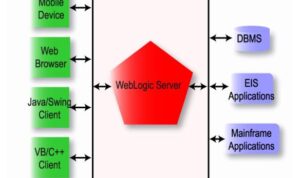Diving into the realm of bare metal servers, this introduction sets the stage for an insightful exploration of this powerful technology. From its robust features to its unmatched performance, bare metal servers offer a unique solution for various industries and applications.
As we delve deeper, we will uncover the advantages, use cases, deployment processes, and management strategies associated with bare metal servers. Get ready to discover a world where performance, security, and customization converge to elevate your digital operations to new heights.
Definition and Overview
A bare metal server is a physical server that is dedicated to a single tenant or customer, providing exclusive access to the hardware resources without any virtualization layer. This type of server offers high performance, reliability, and security for demanding workloads.
Main Features of a Bare Metal Server
- High Performance: Bare metal servers offer superior performance compared to virtual servers due to direct access to the physical hardware.
- Customization: Users have the flexibility to customize the server configuration according to their specific requirements.
- Isolation: Each bare metal server operates independently, ensuring complete isolation from other users for enhanced security.
- Dedicated Resources: With dedicated hardware resources, there is no sharing of CPU, memory, or storage with other users, leading to consistent performance.
- Scalability: Bare metal servers can be easily scaled up or down based on the changing needs of the workload.
Comparison to Virtual Servers
- Bare Metal Servers: Provide exclusive access to physical hardware, offering high performance and security. Ideal for resource-intensive applications.
- Virtual Servers: Share hardware resources with multiple virtual machines, leading to potential performance overhead. Suitable for lightweight workloads and cost-effective solutions.
- Cost: Bare metal servers are typically more expensive than virtual servers due to the dedicated hardware resources and higher performance capabilities.
- Management: Virtual servers are easier to manage and deploy compared to bare metal servers, which require more technical expertise.
Advantages of Bare Metal Servers
Bare metal servers offer a range of benefits that make them a preferred choice for many businesses and organizations. Let's explore some of the advantages of using bare metal servers below.
Better Performance
When it comes to performance, bare metal servers shine in comparison to virtual servers. Since bare metal servers are dedicated physical servers, they are not shared with other virtual machines, ensuring optimal performance levels. This means that businesses can experience faster processing speeds, reduced latency, and overall improved performance for their applications and workloads.
Increased Security
One of the key advantages of bare metal servers is the enhanced security they provide. With dedicated hardware, businesses have greater control over their security measures and can implement customized security protocols to meet their specific needs. This added layer of security helps protect sensitive data and critical applications from potential threats and cyber attacks.
Customization Options
Another major advantage of bare metal servers is the level of customization they offer. Businesses can tailor the server configuration to their exact requirements, choosing the hardware, operating system, and other specifications that best suit their needs. This flexibility allows businesses to optimize their server environment for maximum performance and efficiency, ensuring seamless operations and scalability as their needs evolve.
Use Cases
Bare metal servers have a wide range of applications across various industries due to their high performance and reliability. Let's explore some specific examples of industries and scenarios where bare metal servers are most beneficial.
E-commerce Websites
E-commerce websites, especially those with high traffic and complex operations, can greatly benefit from using bare metal servers. These servers provide dedicated resources and ensure consistent performance, which is crucial for handling large volumes of online transactions, managing inventory, processing payments, and delivering a seamless shopping experience to customers.
- Fast and reliable performance for handling spikes in traffic during sales events or promotions.
- Increased security and data protection to safeguard sensitive customer information.
- Customizable configurations to meet specific requirements and scale resources as needed.
- Enhanced control over server management and optimization for better website performance.
High Computational Power Scenarios
There are various scenarios where high computational power is essential, such as scientific research, data analytics, artificial intelligence, and machine learning applications. Bare metal servers are ideal for these use cases due to their ability to deliver raw processing power without virtualization overhead.
- Performing complex calculations and simulations with large datasets in research labs or academic institutions.
- Training and deploying machine learning models that require intensive computing resources.
- Running data-intensive applications that demand high I/O performance and low latency.
- Handling real-time analytics for processing massive amounts of data quickly and efficiently.
Deployment and Management
Deploying and managing a bare metal server requires careful planning and execution to ensure optimal performance and reliability.
Deployment Process
- Choose a reputable provider with a reliable network infrastructure to host your bare metal server.
- Select the hardware specifications that meet your requirements, considering factors like CPU, RAM, storage capacity, and network bandwidth.
- Install the operating system and necessary software applications on the server based on your specific needs.
- Configure security settings, firewalls, and access controls to protect your server from unauthorized access and potential threats.
Best Practices for Management
- Regularly monitor server performance, including CPU usage, memory utilization, disk I/O, and network traffic, to identify any bottlenecks or issues.
- Implement a backup and disaster recovery plan to safeguard your data in case of hardware failures or unforeseen events.
- Keep the server software and firmware up to date to patch security vulnerabilities and ensure compatibility with the latest technologies.
- Optimize resource allocation by tuning the server settings, adjusting workload distribution, and implementing load balancing techniques.
Optimizing Resources
- Use virtualization technologies like containers or virtual machines to maximize server utilization and efficiency.
- Utilize monitoring tools and automation scripts to streamline routine tasks, improve productivity, and reduce human errors.
- Implement caching mechanisms, content delivery networks (CDNs), and compression techniques to accelerate data access and transfer speeds.
- Consider scaling your infrastructure horizontally or vertically to accommodate growing workloads and maintain performance scalability.
Last Point
In conclusion, bare metal servers stand as a beacon of innovation in the realm of server technology. With their exceptional performance, heightened security measures, and unparalleled customization options, they pave the way for a new era of digital infrastructure. Embrace the power of bare metal servers and witness your online presence reach unprecedented levels of efficiency and reliability.
FAQ Corner
What is a bare metal server?
A bare metal server is a physical server that is dedicated to a single tenant, providing exclusive access to the underlying hardware without any virtualization layer.
How do bare metal servers offer better performance compared to virtual servers?
Bare metal servers offer superior performance by eliminating the overhead associated with virtualization, allowing direct access to the hardware resources.
Which industries benefit most from bare metal servers?
Industries such as finance, healthcare, and gaming benefit greatly from bare metal servers due to their high performance and security features.
What are the best practices for managing bare metal servers?
Best practices for managing bare metal servers include regular monitoring, timely updates, and implementing robust security measures to safeguard the server environment.
How can e-commerce websites leverage bare metal servers?
E-commerce websites can leverage bare metal servers to ensure seamless performance, handle high traffic loads, and maintain secure online transactions for customers.













